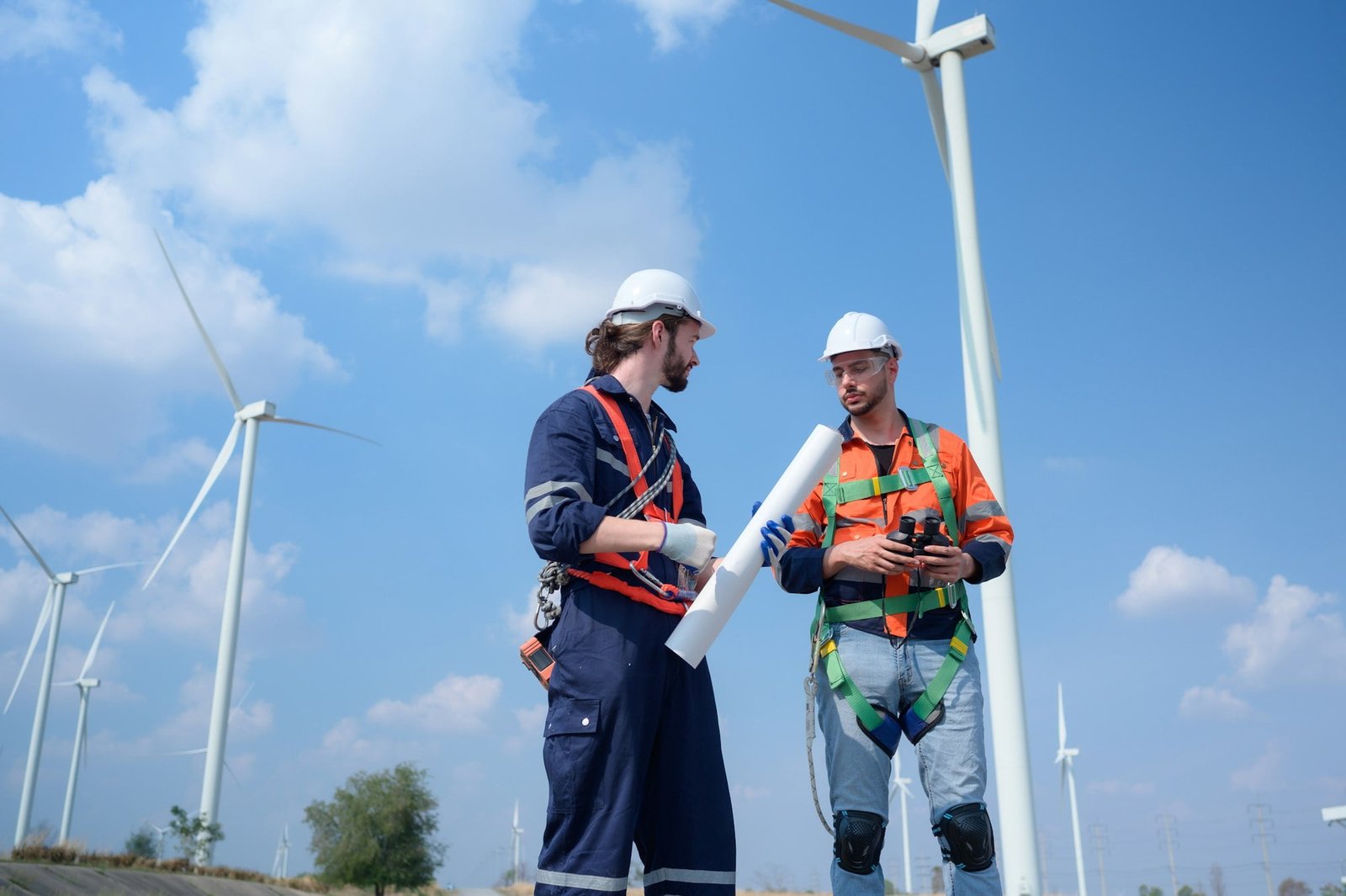The Impact of AI on Enhancing the Efficiency of Hybrid Vehicles
Automotive AITable of Contents
Hybrid vehicles have gained popularity in recent years due to their ability to reduce fuel consumption and emissions. The integration of artificial intelligence (AI) technologies in hybrid vehicles has further enhanced their efficiency, making them even more environmentally friendly and economical. Let’s delve into how AI is transforming hybrid vehicles and optimizing their performance.
Understanding Hybrid Vehicles
Hybrid vehicles combine an internal combustion engine with an electric motor and battery to improve fuel efficiency and reduce emissions. The electric motor assists the engine during acceleration and can also operate independently at low speeds, relying on the battery for power.
AI-Driven Energy Management
One of the key areas where AI enhances hybrid vehicle efficiency is in energy management. AI algorithms analyze various factors such as driving conditions, traffic patterns, and battery status to optimize the distribution of power between the engine and the electric motor. This ensures that the vehicle operates in the most fuel-efficient manner possible, maximizing the use of electric power when feasible.
Predictive Powertrain Control
AI-enabled predictive powertrain control systems anticipate driving situations based on real-time data and adjust powertrain settings accordingly. By predicting upcoming road conditions, traffic congestion, and elevation changes, these systems optimize the operation of the hybrid powertrain for maximum efficiency. This proactive approach minimizes energy waste and improves overall fuel economy.
Regenerative Braking Optimization
Regenerative braking, which converts kinetic energy into electrical energy during deceleration, is a key feature of hybrid vehicles. AI algorithms optimize regenerative braking systems by analyzing driving behavior and road conditions to determine the most effective braking strategy. This ensures that energy captured during braking is efficiently stored in the battery for later use, further enhancing fuel efficiency.
Intelligent Battery Management
AI plays a crucial role in managing hybrid vehicle batteries to maximize their lifespan and performance. AI algorithms monitor battery health, temperature, and charging cycles to optimize charging and discharging processes. By preventing overcharging and excessive discharge, AI ensures that the battery operates at peak efficiency, prolonging its lifespan and maintaining performance.
Conclusion
In conclusion, the integration of AI technologies in hybrid vehicles is revolutionizing the automotive industry by enhancing efficiency and reducing environmental impact. AI-driven energy management, predictive powertrain control, regenerative braking optimization, and intelligent battery management are just a few examples of how AI optimizes hybrid vehicle performance. As AI continues to evolve, we can expect further advancements in hybrid vehicle technology, making them even more efficient and sustainable.
FAQs:
How does AI enhance the efficiency of hybrid vehicles?
AI optimizes energy management, predictive powertrain control, regenerative braking, and battery management to maximize fuel efficiency and reduce emissions.
What are some statistics on the adoption of AI in hybrid vehicles?
According to a report by ResearchAndMarkets.com, the global market for AI in hybrid vehicles is projected to reach $7.8 billion by 2027, driven by increasing demand for fuel-efficient and environmentally friendly transportation solutions.
How does predictive powertrain control benefit hybrid vehicles?
Predictive powertrain control anticipates driving situations and adjusts powertrain settings for maximum efficiency, minimizing energy waste and improving fuel economy.
What role does regenerative braking optimization play in hybrid vehicles?
Regenerative braking optimization maximizes the capture and storage of kinetic energy during deceleration, increasing energy efficiency and extending the range of hybrid vehicles.
How does AI contribute to intelligent battery management in hybrid vehicles?
AI algorithms monitor battery health, temperature, and charging cycles to optimize charging and discharging processes, prolonging battery lifespan and maintaining performance.
